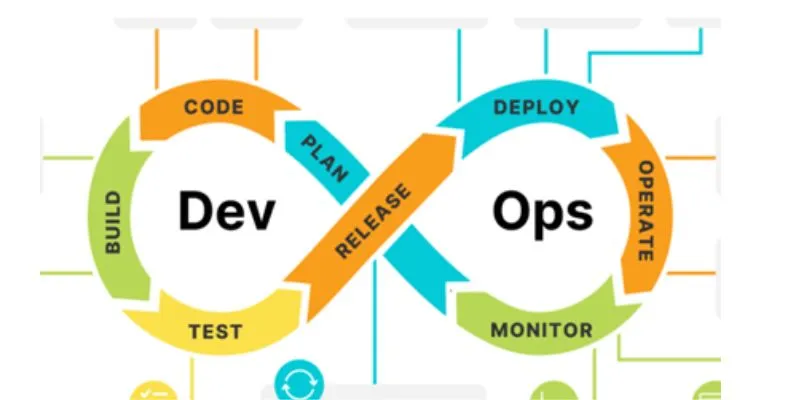DevOps has emerged as a game-changer in the fast-paced software development and deployment world. It bridges the gap between development and operations teams, fostering collaboration, automation, and continuous delivery. At the heart of this transformative approach lie monitoring tools, which are pivotal in ensuring operational excellence. This blog post will explore the main benefits of using monitoring tools in DevOps. DevOps Training in Bangalore offers comprehensive programs designed to equip individuals with the skills and knowledge needed to succeed in DevOps roles
Benefits Of Using Monitoring Tools In Devops
- Understanding the Importance of Monitoring in DevOps
In DevOps, monitoring is a critical component that provides real-time insights into the applications and infrastructure. Organizations can detect and address issues proactively by continuously monitoring various metrics and KPI s, minimizing downtime and ensuring optimal performance.
- Real-Time Visibility and Insights
One of the primary benefits of monitoring tools in DevOps is the ability to gain real-time visibility into the entire software delivery pipeline. These tools collect data from various sources, including servers and present it in a unified dashboard. This comprehensive view enables teams to promptly identify bottlenecks, anomalies, and performance issues, allowing for quick remediation and optimization.
- Proactive Issue Detection and Resolution
Monitoring tools empower DevOps teams to shift from reactive to proactive problem-solving. By setting up alerts and thresholds, teams can receive notifications when specific metrics deviate from expected norms. This proactive approach enables teams to detect and address potential issues before they escalate into major incidents, thereby minimizing downtime and enhancing overall system reliability. DevOps Training in Marathahalli allows participants to learn from experienced instructors who bring industry expertise and real-world insights to the classroom.
- Performance Optimization and Capacity Planning
Another critical benefit of monitoring tools is their role in performance optimization and capacity planning. By analyzing historical data and trends, teams can identify patterns and anticipate future resource requirements. This insight allows organizations to scale resources dynamically, optimize infrastructure utilization, without degradation in performance.
- Enhancing Security and Compliance
In today’s threat landscape, security is a top priority for organizations across all industries. Monitoring tools are crucial in enhancing security and compliance in DevOps environments. By monitoring for suspicious activities, unauthorized access attempts, and compliance violations, teams can identify and mitigate security risks in real-time, thus bolstering the overall security posture of their applications and infrastructure.
- Facilitating Continuous Improvement
Monitoring tools catalyze continuous improvement in DevOps environments. By collecting and analyzing data on various aspects of the software delivery process. Whether streamlining deployment workflows, optimizing application performance, or enhancing infrastructure efficiency, monitoring tools provide the insights needed to drive continuous.
Monitoring tools are indispensable assets in the DevOps toolbox,enhance performance, ensure security, and drive continuous improvement. By providing real-time visibility, proactive issue detection, performance optimization capabilities, and security enhancements, these tools empower DevOps teams to deliver high-quality software at speed and scale. As organizations continue to embrace DevOps principles and practices, monitoring tools will only become more crucial in ensuring the success of their digital transformation journeys. Training Institute in Bangalore is vital in preparing professionals to harness the power of monitoring tools within DevOps environments effectively.

